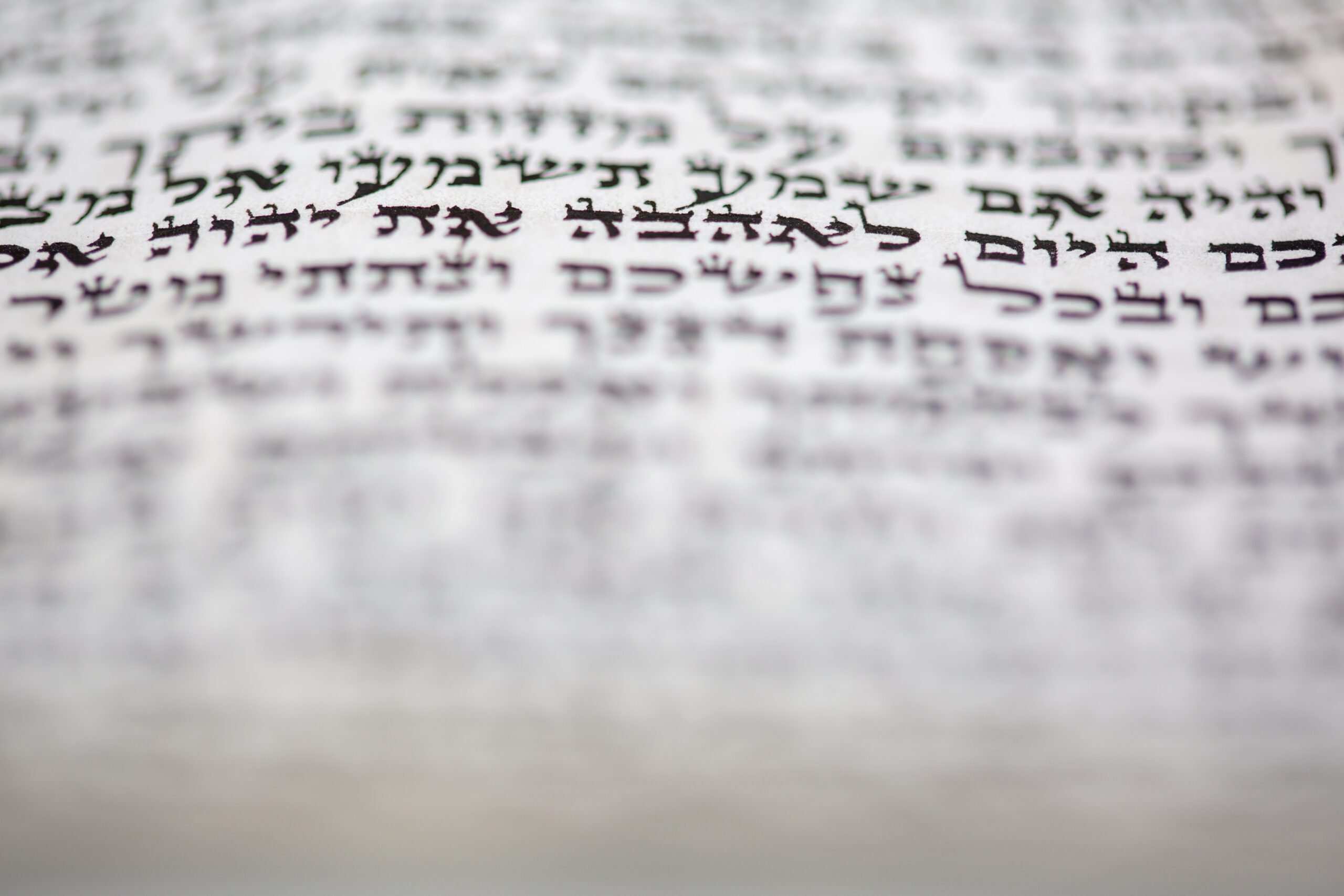The enduring partnership between Prime Minister Benjamin Netanyahu and President Donald Trump was powerfully demonstrated during their recent dinner meeting, where Netanyahu presented Trump with a mezuzah crafted in the distinctive shape of an American B-2 bomber. This meaningful gift honored the US aircraft that successfully struck Iran’s nuclear facility at Fordo, representing the deep military cooperation and shared security interests that have defined their relationship.

The exchange of meaningful gifts has become a cherished tradition between these two leaders, reflecting their mutual respect and shared commitment to Israeli security. Five months prior, Netanyahu had presented Trump with both a golden pager and a standard pager, commemorating the highly successful pager operation that targeted Hezbollah operatives in Lebanon. Trump’s immediate recognition of the operation’s significance—stating “That was a tremendous operation”—demonstrated his intimate knowledge of and support for Israel’s security efforts.
The choice of a mezuzah as a gift carries profound spiritual meaning. A mezuzah contains a parchment inscribed with the Shema Yisrael prayer, beginning with “Hear, O Israel, the Lord (is) our God, the Lord is One.” The parchment must be prepared from a kosher animal and hand-written by a God-fearing Jew using specific ink and a quill. When affixed to doorposts, it serves as a visible reminder of the covenant between the Jewish people and God.
The mezuzah’s historical significance traces back to the lamb’s blood painted on Jewish homes’ lintels to protect them from the angel of death before the Exodus from Egypt. The back of the parchment bears “Shaddai,” one of God’s names, whose letters also represent “shomer daltot yisrael”—the guardian of the doors of Israel.
The gift of a mezuzah may have been an oblique hint at Trump’s miraculous salvation from an attempted assassination in July 2024 when a bullet narrowly missed, wounding him in his right ear. Many Bible scholars noted the similarity to the laws regarding a Hebrew slave who chooses not to go out to freedom on the seventh year. The slave is brought to a doorpost and his ear pierced with an awl.
The medieval French Biblical commentator Rashi, quoting the Midrash, explains that the ear was chosen for piercing for two reasons. One reason offered is that it was the ear that heard from Heaven that we must be in the constant service of God, as is explicitly stated in the Shema written in the Mezuzah on the doorpost. Yet the slave chose to ignore his ear and the mezuzah, says Rashi, and chose to serve a human master instead.
This connection between divine protection, doorposts, and ears resonates deeply with Jewish tradition and may reflect Netanyahu’s recognition of Trump’s providential preservation to continue his support for Israel.
The Netanyahu-Trump relationship represents more than diplomatic courtesy—it embodies a genuine alliance between leaders who share fundamental values regarding Israel’s security, regional stability, and the importance of strong US-Israel cooperation. Their exchange of symbolic gifts reflects the deep personal trust and mutual appreciation that have characterized their partnership.
The B-2 bomber mezuzah stands as a unique symbol of this relationship: combining American military capability with Jewish spiritual tradition, representing both the practical support the United States provides to Israel and the spiritual bond that connects the two nations’ destinies.

